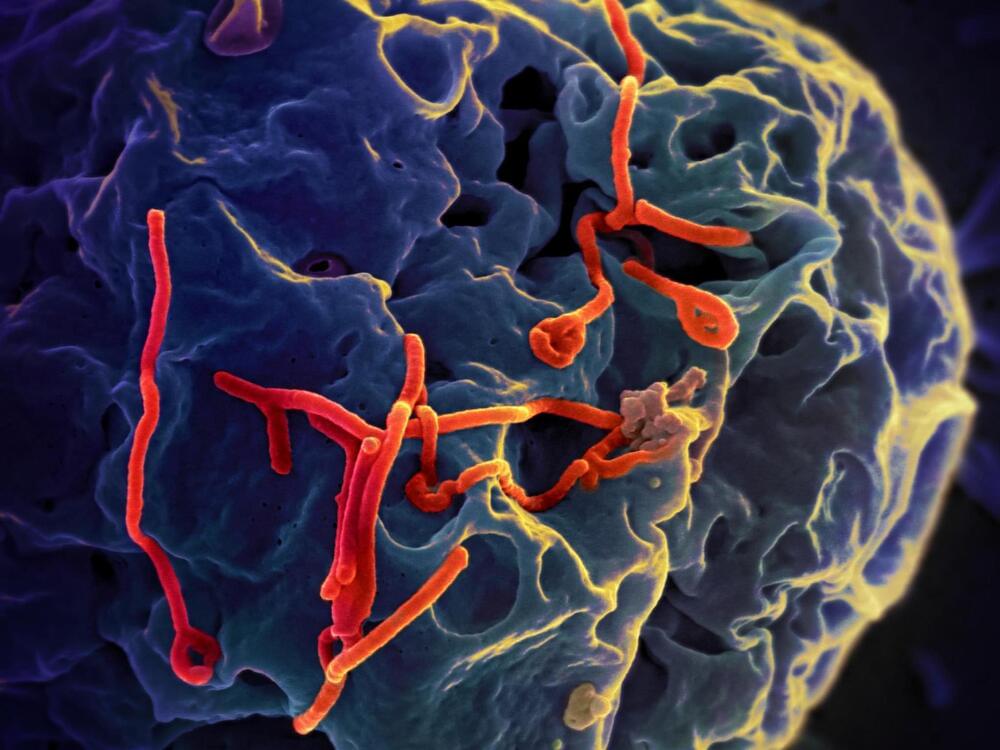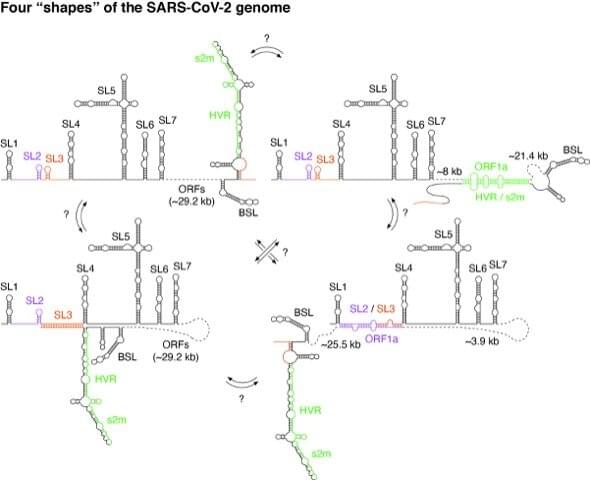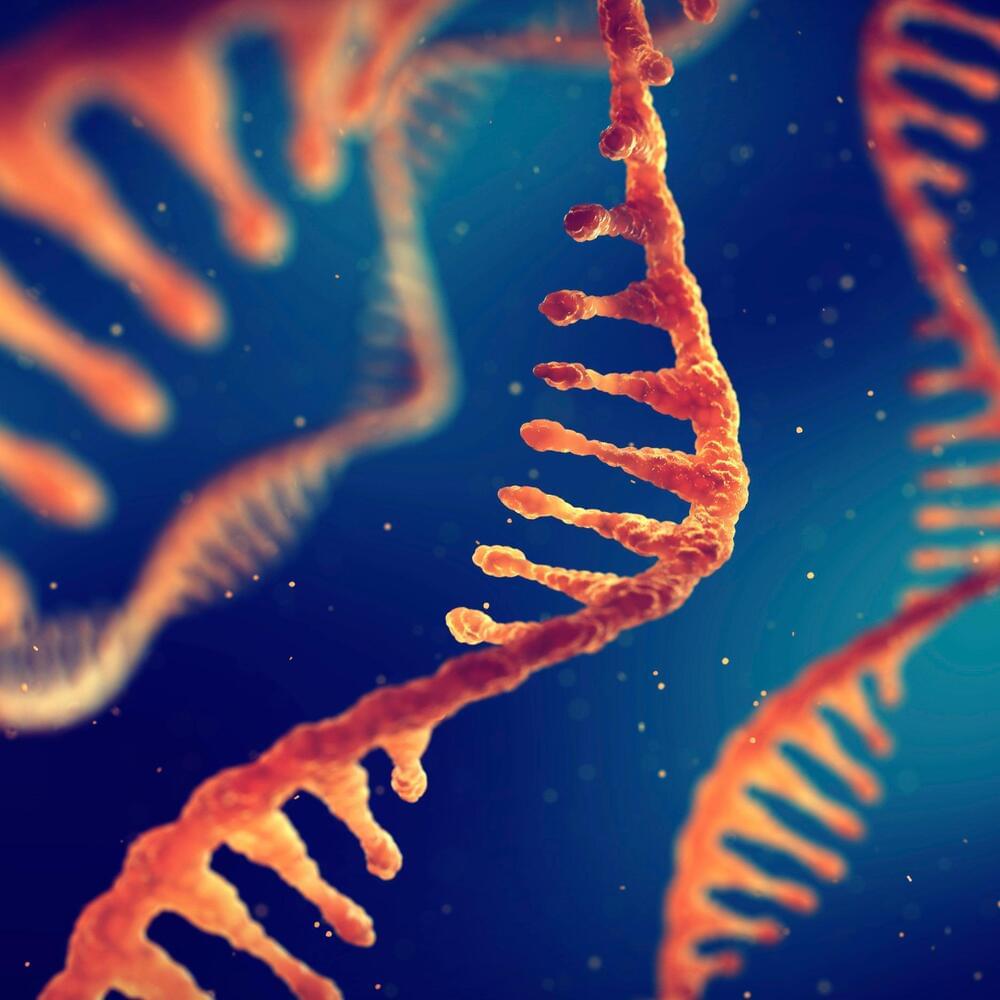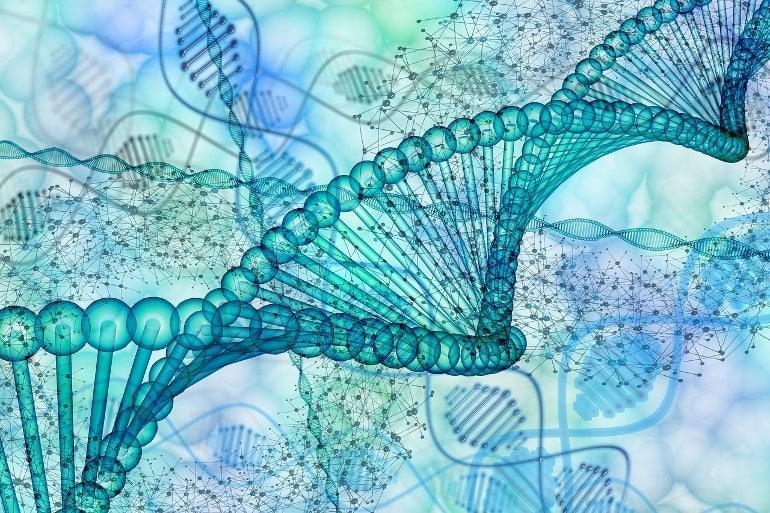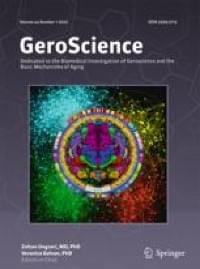Ribonucleic acid (RNA) is a polymeric molecule similar to DNA that is essential in various biological roles in coding, decoding, regulation and expression of genes. Both are nucleic acids, but unlike DNA, RNA is single-stranded. An RNA strand has a backbone made of alternating sugar (ribose) and phosphate groups. Attached to each sugar is one of four bases—adenine (A), uracil (U), cytosine ©, or guanine (G). Different types of RNA exist in the cell: messenger RNA (mRNA), ribosomal RNA (rRNA), and transfer RNA (tRNA).” RNA is an important information transmitter in our cells and acts as a blueprint for protein production. When freshly formed RNA is processed, introns are removed to produce mature mRNA coding for protein. This cutting is known as “splicing,” and it is controlled by a complex known as the “spliceosome.”
“We found a gene in worms, called PUF60, that is involved in RNA splicing and regulates life span,” says Max Planck scientist Dr. Wenming Huang who made the discovery.
This gene’s mutations resulted in inaccurate splicing and the retention of introns within certain RNAs. As a result, less of the corresponding proteins were produced from this RNA. Surprisingly, worms with the PUF60 gene mutation survived significantly longer than normal worms.
